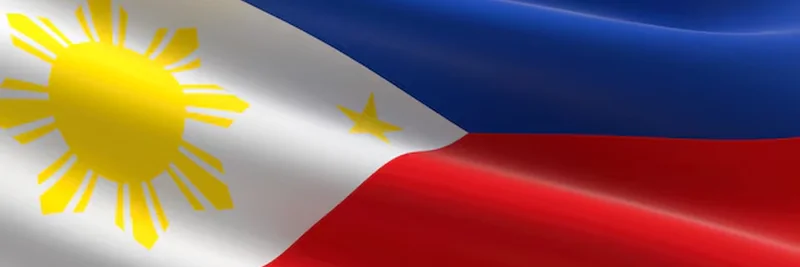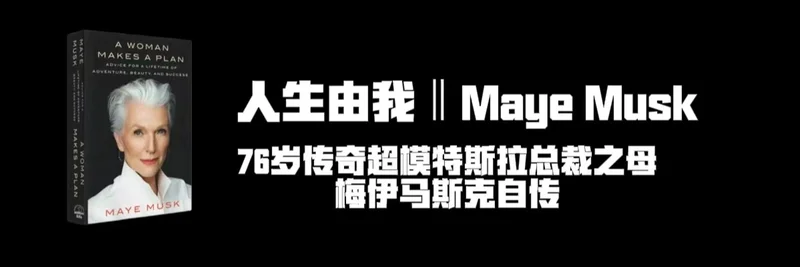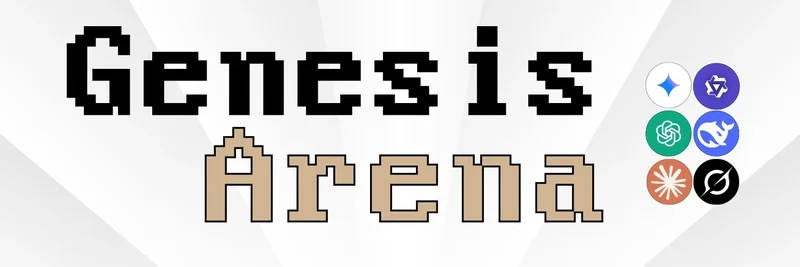Hey there, crypto enthusiasts! If you're keeping an eye on how nations are dipping their toes into the world of digital assets, there's some exciting news coming out of the Philippines. A lawmaker has just filed a bill that could see the country building a massive Bitcoin reserve. Let's break it down in simple terms and see what this means for the blockchain space.
The Bill at a Glance
The proposal, dubbed the Strategic Bitcoin Reserve Act, directs the Bangko Sentral ng Pilipinas (BSP)—that's the central bank of the Philippines—to start accumulating Bitcoin as a strategic asset. The goal? To cap the reserve at 10,000 BTC. For those new to crypto, BTC is the ticker symbol for Bitcoin, the original and most valuable cryptocurrency, often called "digital gold" because of its scarcity and store-of-value properties.
Under the bill, the BSP would buy 2,000 BTC each year for five years. That's a steady accumulation plan, avoiding market shocks. Once acquired, these Bitcoins would be stored in cold storage—think ultra-secure offline wallets—to keep them safe from hacks. And get this: they'd be locked up for 20 years! No touching the stash except in very specific cases.
Rules for Holding and Selling
The holdings wouldn't just sit in one place; they'd be distributed across multiple secure sites for added safety. Sales? Only allowed to pay off government debt during the lockup period. After 20 years, the government could start selling, but slowly—capped at 10% every two years. This cautious approach aims to prevent flooding the market and crashing prices.
Why Bitcoin? Insights from the Lawmaker
Rep. Miguel Luis Villafuerte, the brains behind the bill, argues that Bitcoin can beef up the nation's resilience. By diversifying reserves beyond traditional assets like gold and U.S. dollars, the Philippines could hedge against economic uncertainties. He even compared BTC to "digital gold," highlighting its potential as a long-term store of value.
Villafuerte drew inspiration from global examples: El Salvador's bold move to make Bitcoin legal tender, Switzerland's crypto-friendly policies, and ongoing discussions in the U.S. about similar reserves. If this passes, the Philippines would be among the first in Asia to formalize a Bitcoin reserve, potentially inspiring other countries in the region.
Broader Implications for Crypto and Memes
While this is straight-up Bitcoin news, it ties into the bigger picture of crypto adoption. For meme token fans, a government embracing BTC could pave the way for more mainstream acceptance of all digital assets, including those fun, community-driven memes on blockchains like Solana or Ethereum. Imagine if this boosts investor confidence across the board—meme coins could ride the wave!
Plus, in a world where blockchain tech is evolving fast, moves like this highlight how nations are recognizing crypto's role in future economies. It's not just about memes; it's about building a robust knowledge base for practitioners to navigate this space.
For more on how national policies are shaping crypto, check out our other articles on El Salvador's Bitcoin journey or U.S. crypto regulations. Stay tuned to Meme Insider for the latest in meme tokens and blockchain news—because in crypto, knowledge is power!
What do you think? Could this be a game-changer for Asia's crypto scene? Drop your thoughts in the comments below.




